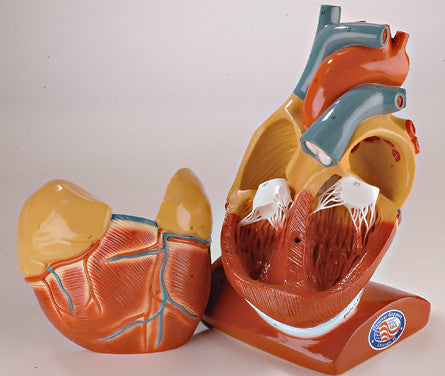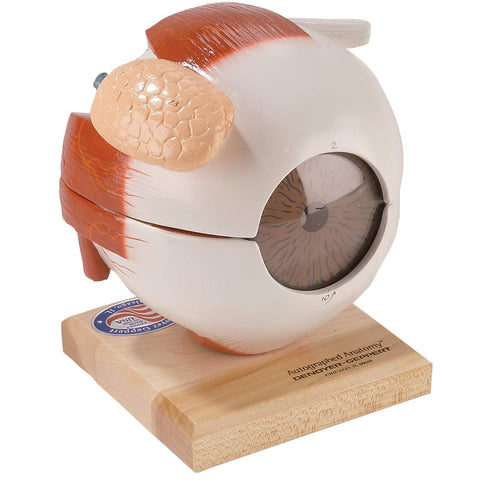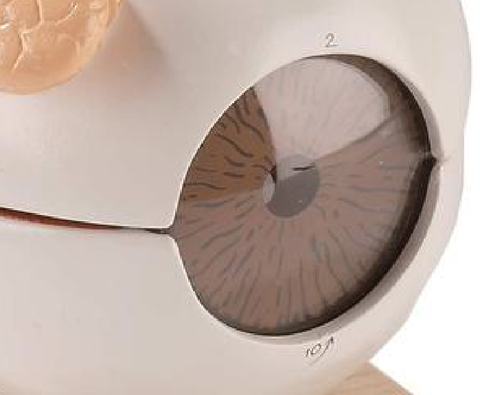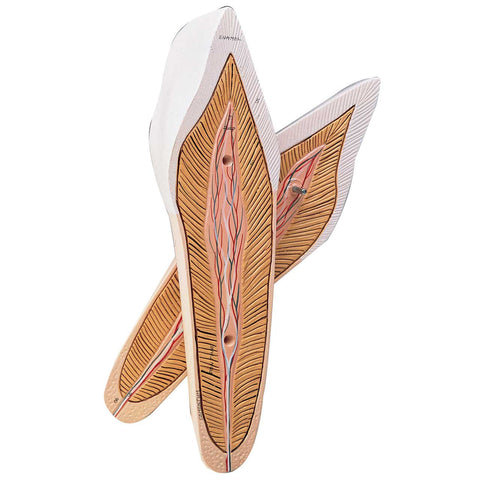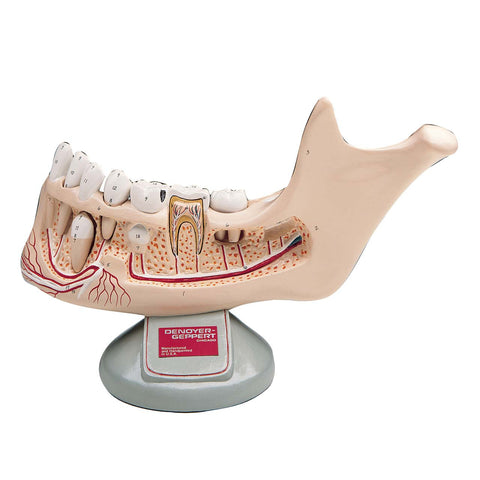0141-00 Liver and Gallbladder
0141-00 Liver and Gallbladder
50% larger than life, the ventral surface of this replica is dissected to expose major blood vessels and bile ducts in deep relief. Color-coding clarifies the complex vascular network, with contrasting colors differentiating the portal vein and its branches, the gallbladder and bile ducts, the hepatic artery and the hepatic veins. 28 hand numbered structures are identified in the accompanying key.
Overall dimensions: 13x11x6 inches (33x28x15 cm).
Interesting Facts About the Liver:
-
The liver is the largest gland in the human body.
-
It has four interconnected vascular systems: hepatic portal system, hepatic arteries, biliary ducts, and hepatic venous system.
-
The liver weighs about one-fortieth (1/40) of the body weight in an adult. In fetal life and in childhood the proportion is greater. Adult livers typically average from three and a half to four pounds.
-
The working unit of the liver is the lobule which is about the size of a sesame seed or, in other words, from one to one and a half millimeters (1-1.3 mm) in diameter and one and a half to two millimeters tall (1.5-2.0mm). The liver contains more than one million lobules.
-
The liver contains approximate 2 km of bile ducts.
We Also Recommend






